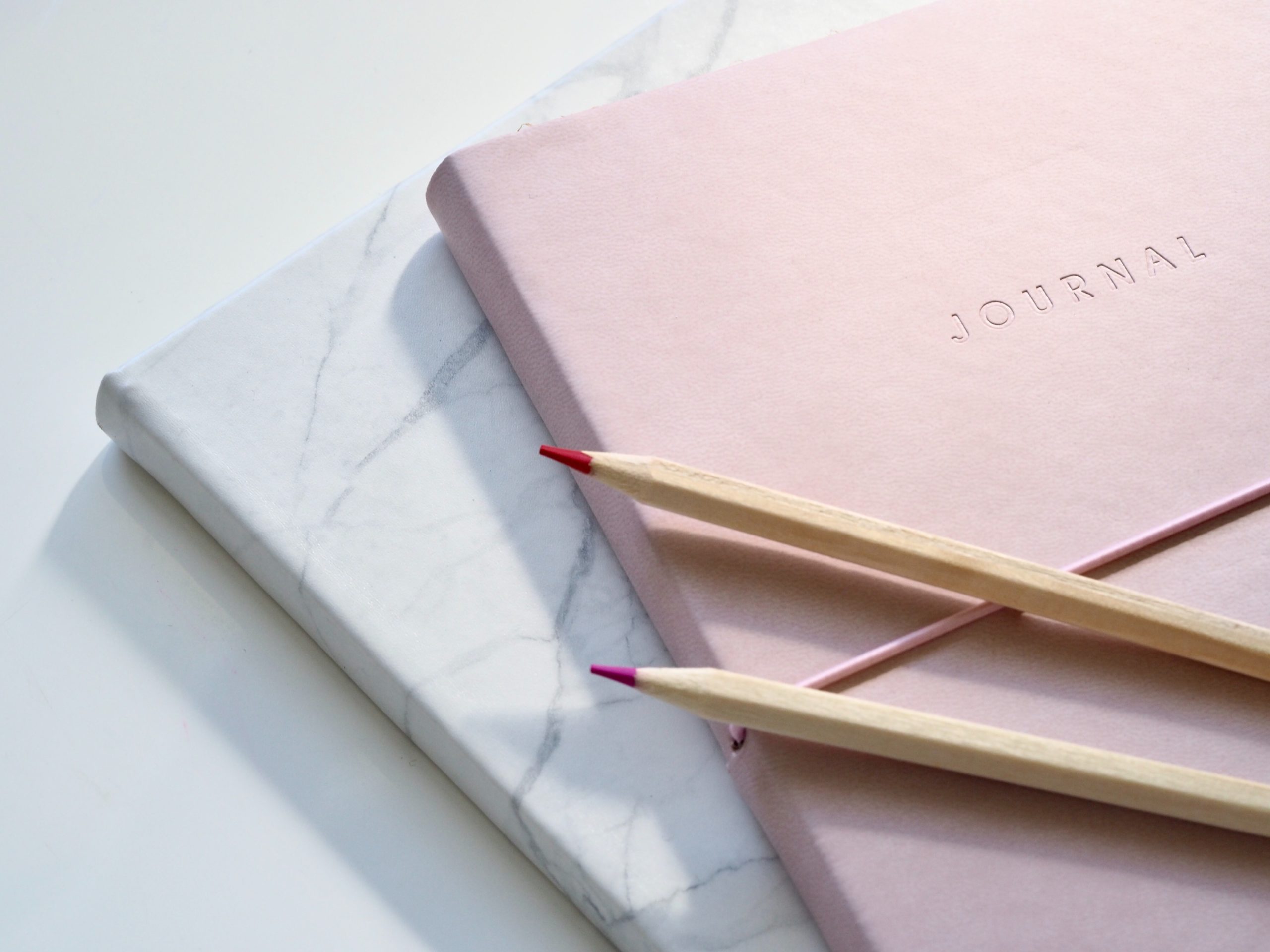The right approach to keeping a personal diary will help you cope with stress and put your thoughts in order.
We often make promises to ourselves to start over with a clean slate, but talking about change is always easier than putting it into practice. One of the simple ways that will definitely help you become better is to keep a personal diary, or even several, and this has been scientifically confirmed. Feme4 tells how to keep a diary so that it replaces meditation, helps to cope with emotions and improves psychological comfort.
Someone might think that a “personal diary” is something from the arsenal of teenage girls or romantic muslin young ladies of the same age, scrupulously writing down in a notebook everyone who excited their hearts, strong impressions of the day they lived and hopes for the upcoming ball or disco . In fact, diaries should be associated with the words “psychotherapy”, “mindfulness”, “balance”, “creativity” and “personal growth”. Journaling is advised by lifestyle bloggers from Instagram and YouTube, as well as psychologists and psychotherapists.
Writing therapy was pioneered in the late 1980s by psychology professor James Pennebaker of the University of Texas at Austin. He first experienced the practice himself when he was depressed, and later decided to study the benefits of journaling more closely, which resulted in about 200 studies. As a rule, they were carried out in the same way: the experimental group wrote their thoughts and emotions from the psychological traumas of the past, the control group wrote dry texts about plans for the day or on some abstract topic, and then various indicators were measured for both participants in the experiment using questionnaires. , blood tests and other scientific methods. Today, the conventional wisdom among psychotherapists is that keeping a diary helps to cope with anxiety, stress, and even depression. In addition, according to a study published in 2001 by Martin Conway and Susan Gathercole of Lancaster University, journaling improves memory.
The psychological benefits of journaling are not the only positive effects of this activity. Such practice helps to better structure thoughts, formulate feelings, highlight the important, understand one’s own emotions, promote expressiveness and develop creativity. Keeping a diary can make life easier, more psychologically stable, and help you become a more creative and meaningful person. You can keep a regular diary without any specific concept, or you can choose one of the more specific types, invented to achieve certain goals. Perhaps keeping a diary will not completely replace psychotherapy, especially in severe cases, but it will definitely help to put your thoughts in order no less than trendy meditation.
TYPES OF DIARY THAT WILL HELP YOU
“Morning Pages”
The Morning Pages (stream of consciousness) exercise was invented by Martin Scorsese’s ex-wife Julia Cameron, a journalist, poet, director, artist, playwright, and creativity researcher. Cameron described this practice in her famous book The Artist’s Way, where she collected many exercises and tips to help develop a person’s creative potential.
“Morning Pages” are three A4 pages on which you need to write everything that comes to mind without restraining yourself, without thinking about grammar, punctuation and the beauty of handwriting. This is a stream of consciousness, a splash of emotions and all the thoughts swarming in my head. It is important not to restrain yourself, because this is the only way to release the tension that has accumulated inside. As the name implies, Cameron advises keeping such a diary in the morning. According to her instructions, you need to write every day for at least three months and never reread what you have written.
It is not necessary to do exactly as Cameron writes: you can write not only in the morning and do it all the time, but also reread the notes in order to draw some conclusions for yourself from them. Those who regularly keep a stream of consciousness diary note that it relaxes, helps relieve tension and stress, and allows you to discover some new emotions, thoughts and ideas that were important for a person, but he suppressed them, did not notice or did not attached importance to them until he saw them written down on paper.
Achievement diary
People often tend to discount their accomplishments or not notice them at all, and then compare their lives with someone who seems to be more successful, judging by the posts on social networks. This makes it easy to feel like a failure and become discouraged.
An achievement diary means that every day or every week you record all your achievements, even the smallest ones. Finally thrown away a favorite, but already completely unwearable pair of crosses
OK? Write it down. Were you able to contain your emotions and politely answer an annoying question? And write that down too. You will see how many good things you actually manage to do without realizing it. This will help you feel happier and will motivate you to make new big and small achievements.
Goal Achievement Diary
This type of diary is good when you have some big goal in front of you, for example, write a novel, run a marathon, or enter a foreign university. Here you need to write every day what you did to achieve your goal, what else needs to be done, fix thoughts about the goal, everything new that you learn from magazines, videos, from friends and from other sources.
Such a diary, like an achievement diary, will help you avoid feeling like you are a slacker, because with it you can record even the smallest steps taken towards the goal, whether it is just a letter sent or a draft list of options for the next step towards what you want. In the goal achievement diary, you can record new ideas, emotions, successes and failures, and analyze the process. Perhaps later you or someone else will need this experience, and you will always have it fixed.
Diary of emotions
The diary of emotions is especially good to combine with psychotherapy. In such a diary, you need to record what caused you pleasant emotions, and what negative ones. Firstly, this way you can understand how emotional you are and whether it bothers you: for example, it may turn out that your negative emotions affect the way you communicate with people, but you have never noticed this before. Secondly, you will understand what brings you joy and what spoils your mood, and then you will only have to increase the place in your life for what makes you happy and try to avoid factors that unsettle you. Thirdly, you yourself or with the help of a psychotherapist can figure out why some things make you feel negative, whether it is connected with some fears or events from the past, and whether it is possible to make these things stop being unpleasant for you.
Art diary
In such a diary, each page or spread is given to a collage or drawing dedicated to the past day. Keeping an art diary on a regular basis develops creative thinking, works like art therapy, and teaches discipline when kept seriously every day. In the end, you get your own small art project, which you can put on public display or just review for the sake of memories, without showing it to anyone.






